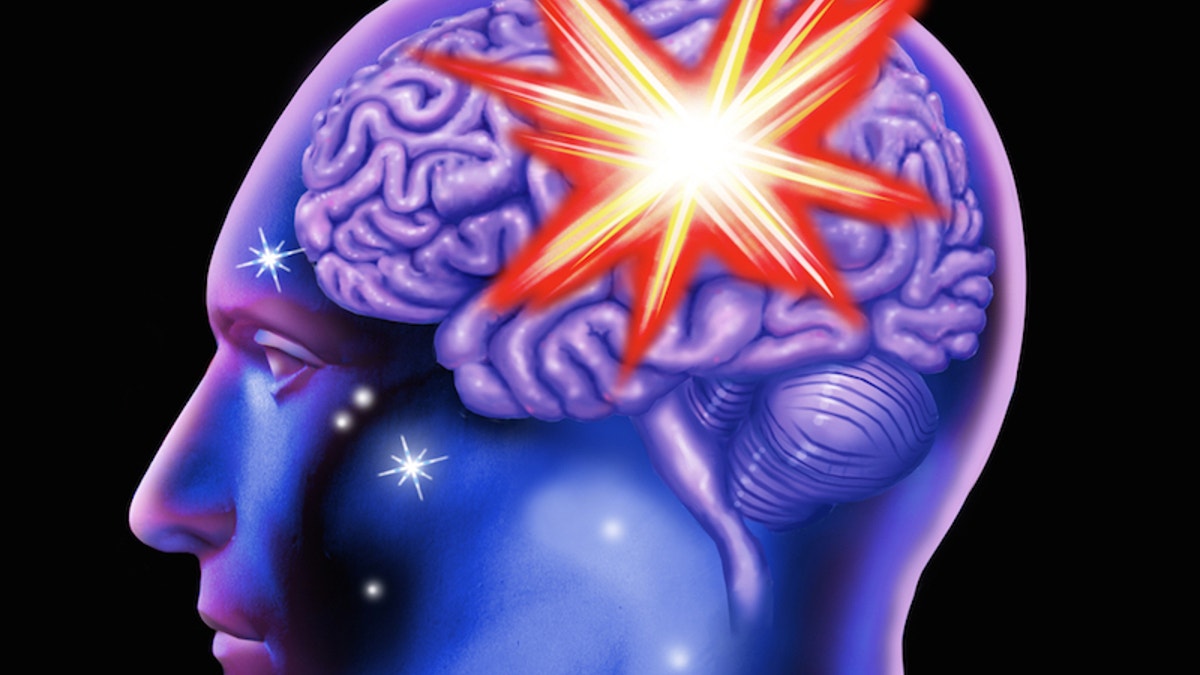
(Chris Bjornberg/Shutterstock.com)
NEW ORLEANS — Strokes are striking people in the U.S. at younger ages, a new study finds.
The average age of people having a first stroke decreased from 71.7 in 2000 to 69.3 in 2012, according to the study.
Overall, the rates of stroke in the U.S. have gone down in the past few decades, said Chengwei Li, an epidemiologist at the University of Michigan School of Public Health and the lead author of the study.
But the rates have not gone down in people under age 65, Li told Live Science. And in people under age 55, the rates of stroke have actually increased, Li said.
In the study, presented here Monday (Nov. 14) at the American Heart Association's Scientific Sessions annual meeting, Li and his colleagues wanted to see whether these changes in stroke rates have affected the average age that strokes occur.
A decline in the average age of people having strokes can have big implications for public health, according to the study. For example, a person who has a stroke at a younger age may be disabled for a longer time afterward, compared with someone who was older when a stroke occurred.
Each year, about 795,000 people in the U.S. have a stroke, and about 610,000 of those are first-time strokes, according to the Centers for Disease Control and Prevention. Strokes are the leading cause of serious long-term disability, the CDC says.
The researchers studied data between 2000 and 2012 from patients in an ongoing stroke study called Brain Attack Surveillance in Corpus Christi Project. Patients who had had a stroke before the study began were excluded.
The researchers focused on a type of stroke called an ischemic stroke. Ischemic strokes are the most common type of stroke, and occur when a blood clot blocks the flow of blood to the brain, preventing a region of the brain from receiving oxygen and nutrients, according to the American Stroke Association.
More than 3,200 people had an ischemic stroke during the study period, according to the study. The researchers used the stroke patients' medical records to determine which, if any, risk factors for stroke the patients had.
The researchers found that the average age for someone to have a stroke decreased by about two years, Li said.
One possible explanation for this finding is that risk factors for stroke became more common during the study period, Li said. Conditions such as atrial fibrillation (a type of irregular heartbeat), Type 2 diabetes and high blood pressure all became more common among the study participants during the study period — and all of these conditions can raise a person's risk for stroke, he said.
More From LiveScience
People should learn about the risk factors for stroke, Li said. In addition, efforts to prevent stroke should be made when people are in middle age, the researchers said.
Li noted that the findings suggest only an association. More studies are needed to determine why the age that people have strokes is getting younger, he said.
Originally published on Live Science.
